Life has a sneaky way of throwing curveballs when least expected, and being ready can make all the difference. This guide is packed with innovative, simple ideas that can turn a stressful moment into a victory. They can help you stay sharp, safe, and even more awesome when the unexpected knocks on the door.
Create a Family Emergency Plan
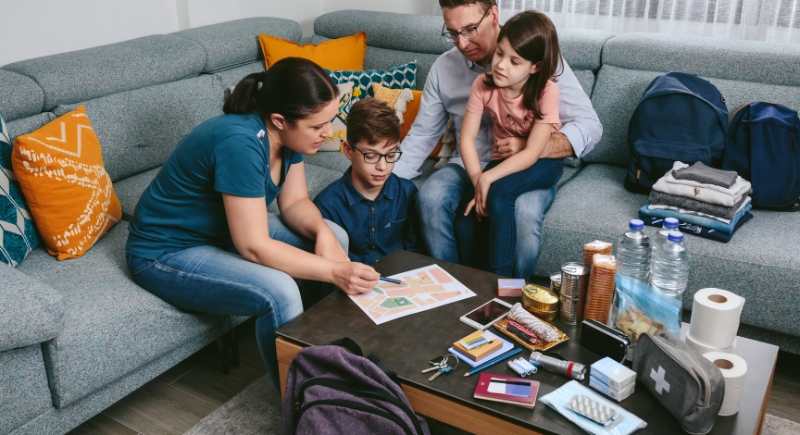
Every family needs a game plan, just like a good football team. It would also be best to review your plan twice a year. Even little kids can get involved by drawing maps or practicing drills. Emergency planning cuts panic by more than half when real chaos hits.
Memorize Key Phone Numbers

Old-school memory skills save the day when phones go dark. Every family member should memorize at least three contacts—like parents, a close friend, and an out-of-town relative. Make it a fun game for kids with flashcards or songs.
Master Basic First Aid
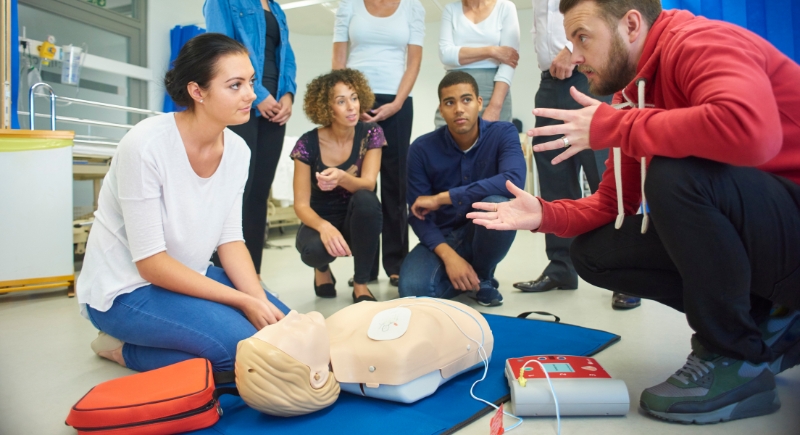
Knowing CPR and basic wound care increases survival rates. It’s essential to know how to clean a wound, treat a burn, and spot the signs of shock. Practicing on stuffed animals or dolls would be good. Plus, mastering first aid builds real confidence, not the fake kind that disappears under pressure.
Keep a Grab-And-Go Emergency Kit
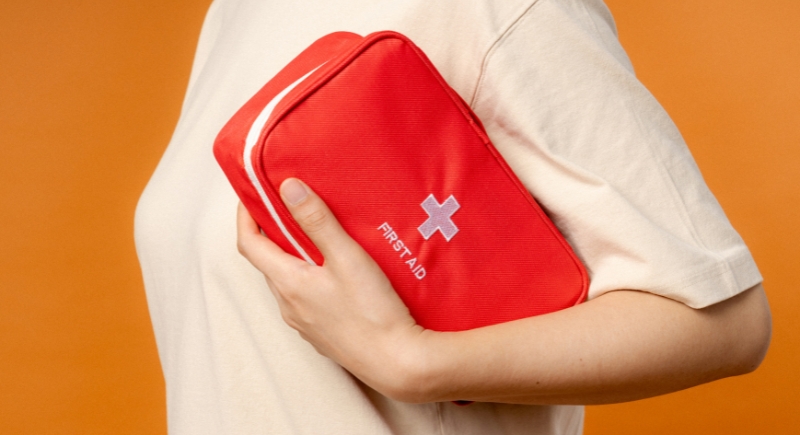
Having an emergency kit can cut your time by half when facing an actual emergency. Store it near the exit for fast access, and ensure it’s light enough. Rotate supplies every six months to keep them fresh!
Learn How to Purify Water With Basic Supplies
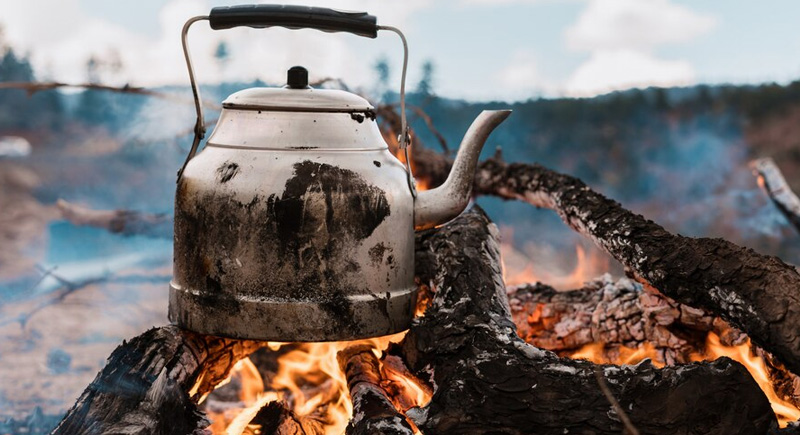
Clean water is a survival priority number one. If tap water goes bad, simple tricks can save the day. Boiling water for at least one minute kills most germs. If there are no stoves, you can use clean cloths to strain out debris, then disinfect with plain household bleach.
Learn How to Build a Fire
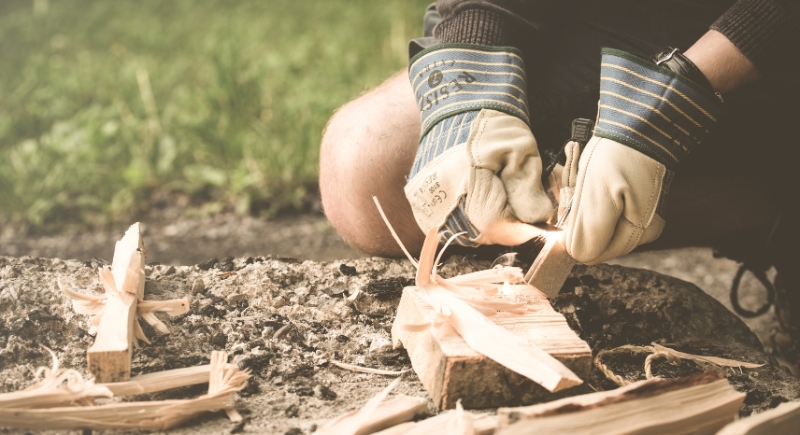
All it takes to start a fire is dry tinder, a good spark, and steady patience. Begin with small twigs and slowly add bigger sticks once the flame strengthens. Practicing with a lighter or waterproof matches during a backyard campout keeps it low-pressure and fun.
Know How to Cook Without Power
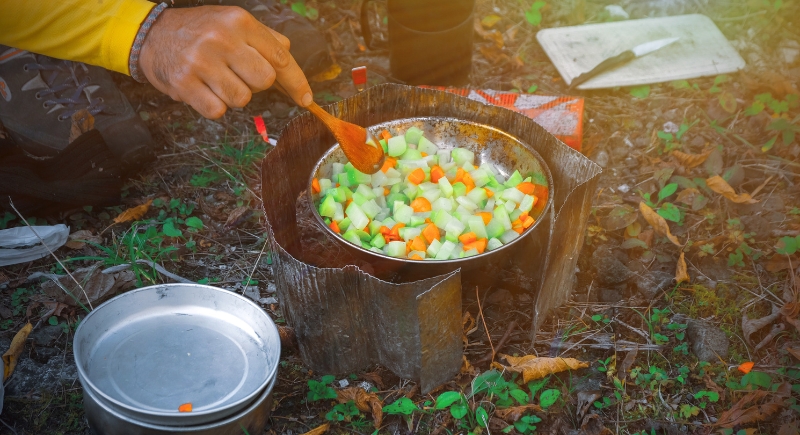
A power outage does not have to mean cold canned soup every night. Families can whip up meals without any electricity by using portable camping stoves, charcoal grills, or even a basic fire pit. Keep recipes simple: grilled cheese, baked potatoes, and foil-packet meals.
Teach Kids How to Signal for Help
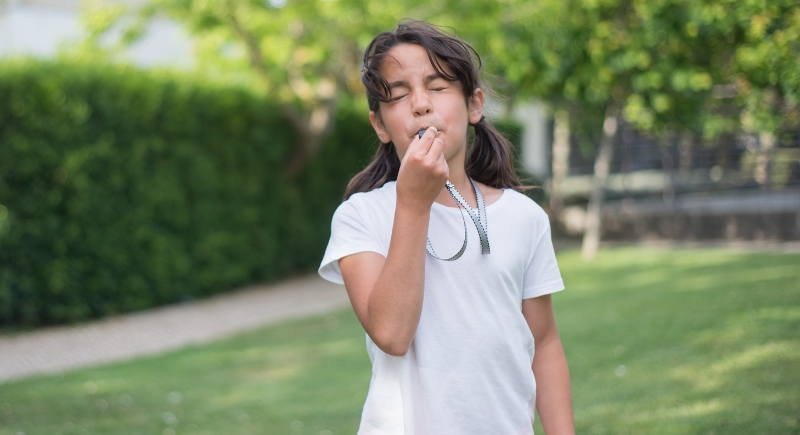
Brightly colored clothes, mirrors flashing sunlight, or loud whistles work wonders for getting noticed fast. Teaching younger kids this skill through outdoor games keeps it light and memorable. A simple, inexpensive whistle on a lanyard can be a great tool for hiking trips or outings.
Understand Basic Weather Signs
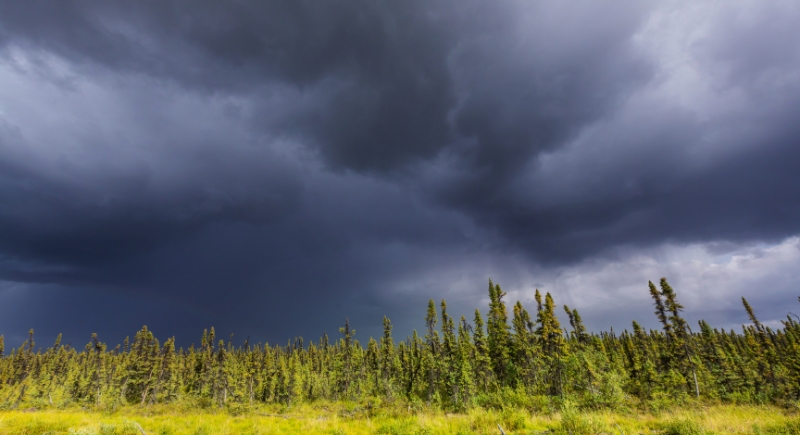
Mother Nature drops plenty of hints if you know what to watch for. Puffy white clouds usually mean fair weather, but dark, towering clouds can signal a thunderstorm brewing. Watching the skies together builds a healthy respect for weather without making it scary.
Recognize Edible Plants and Berries
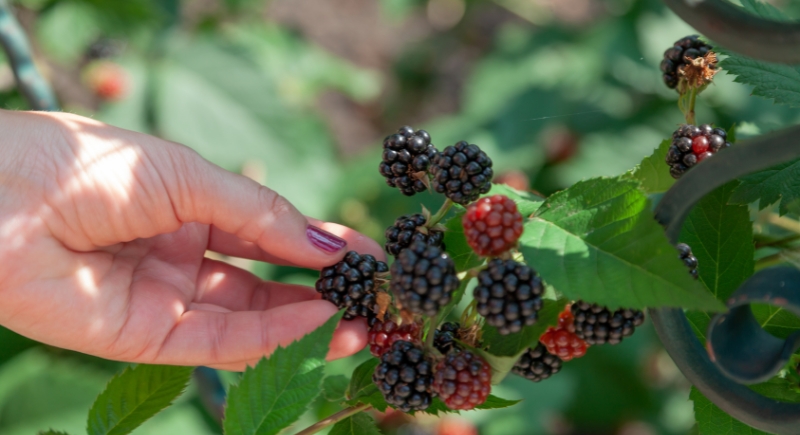
Natural snacks are great, as long as you know what you’re eating! Some wild plants are safe and delicious, while others can make you pretty miserable. Learn five to ten local edible plants instead of trying to memorize everything. Familiar faces like dandelions, blackberries, and clover are good places to start.
Master the Art of Staying Warm Without Heat
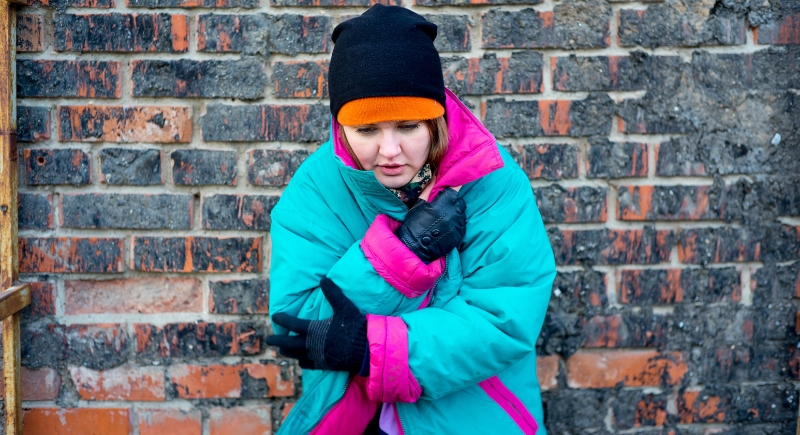
When the heat cuts out, knowing how to layer up is super important. Roll up towels and place them at the base of doors to keep chilly drafts outside. Hats and socks also do more to keep you warm than most realize, since a lot of body heat escapes from your head and feet.
Teach Everyone How to Swim
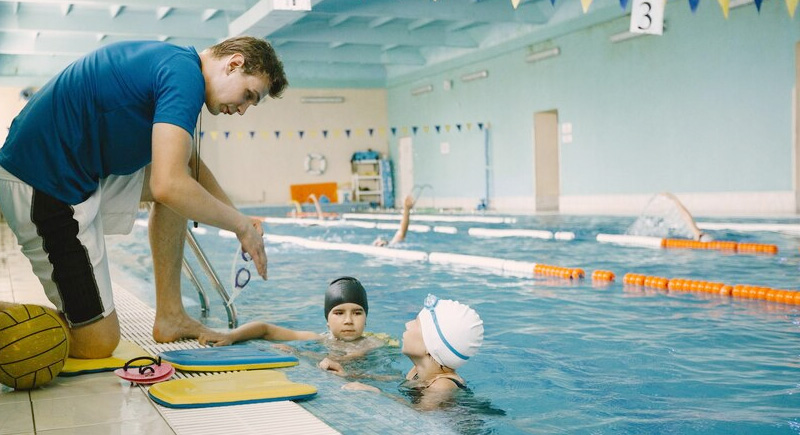
Knowing how to swim reduces the risk of drowning by 88% in children aged one to four. Adults benefit, too! The most important swimming basics are floating, treading water, and reaching a safe edge. There is no need to train for a marathon; just focus on comfort and basic movement in the water.
Learn Basic Self-Defense Moves
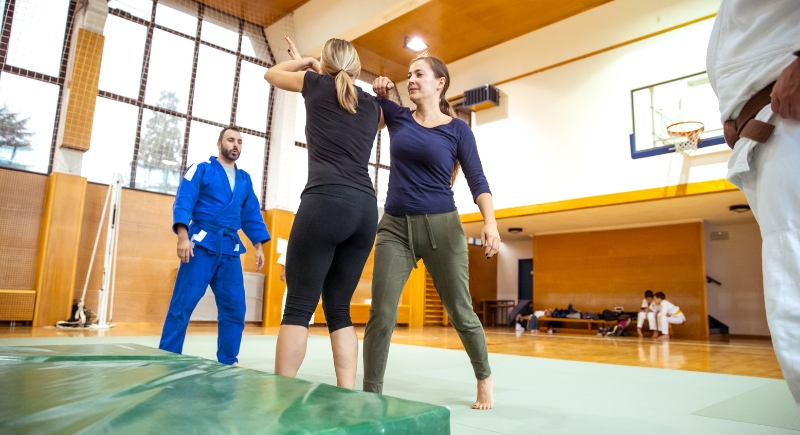
Self-defense classes often teach practical moves, like using your voice loudly to attract attention or breaking away from someone grabbing your wrist. Experts suggest focusing on awareness first: staying alert to surroundings is often the best defense.
Learn How to Create Makeshift Shelters
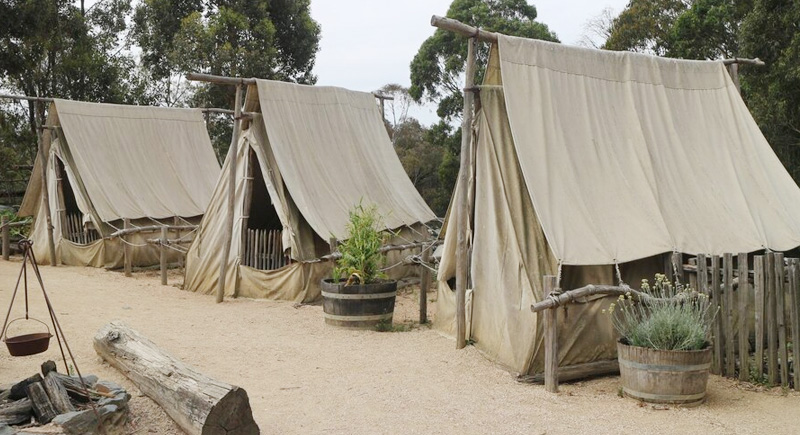
When shelter is needed quickly, a little creativity goes a long way. Families can build basic protection against rain, wind, and sun using tarps, ponchos, or even big trash bags. Everyone should know how to spot good locations, like flat, dry ground away from falling branches.
Plan for Pet Safety Too
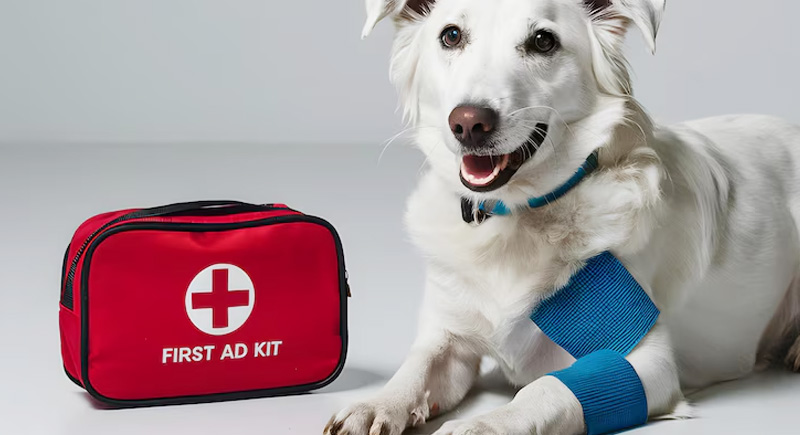
Pets are part of the family, and planning for their safety is just as important. Create a pet emergency kit with food, leashes, and medical records packed and ready to go. Make sure ID tags are current and consider microchipping for extra peace of mind.